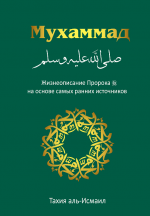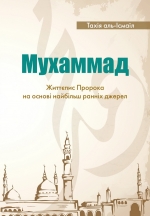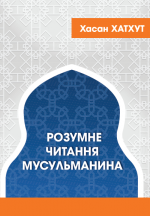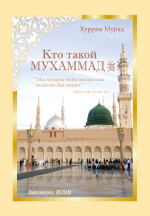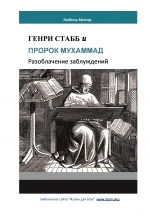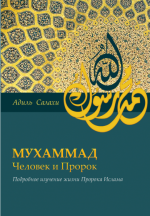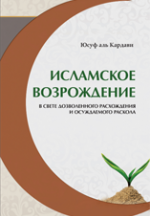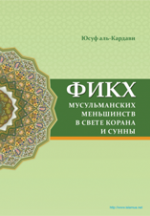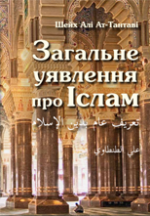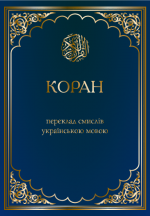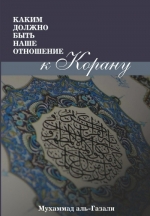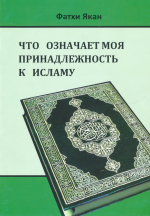Ukrainian Muslims
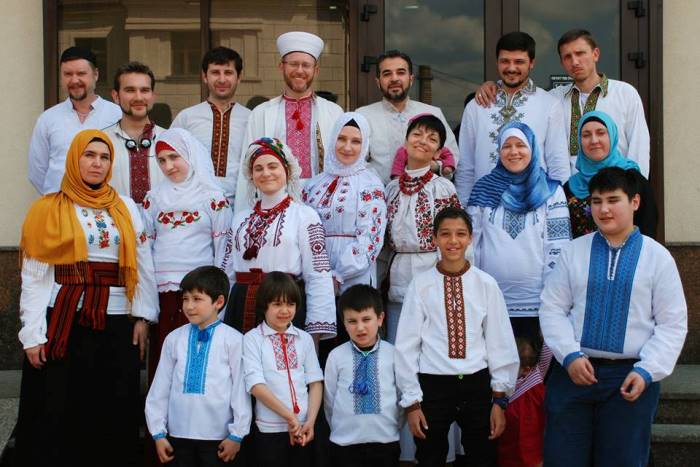
What is interesting about Ukraine is this is a European country where Muslims are predominantly local (indigenous) people, while the share of Muslim immigrants is insignificant.
Most Ukrainian Muslims are Crimean Tatars. It was from Crimea that the history of Islam and Muslims of Ukraine began in 1223 (though first Muslims lived in the Black Sea region as early as in VII A.D.), not just on the peninsula, but in Pryazovia, Prychornomorya and western Ukraine, and even in Poland, Lithuania and Belarus. Crimea was a powerful source of Islamic religion in this part of Europe. One cannot speak of Crimea and fail to mention the current religious situation. In comparison with the rest of Ukraine, it’s the occupied Crimea that is home to the most Ukrainian Muslims.
The second largest ethnic group of Ukrainian Muslims are of Volga Tatar origin. Their families have been living in Donbas for up to the hundred years now, and Ukraine is the only country they identify themselves with.
In 1944 the Crimean Tatars, as well as Muslims of Western Ukraine, Pryazovia and Prychornomorya were deported to Siberia and Central Asia by the Soviet bolshevik regime, which later declared that “there is no Islam in Soviet Ukraine”. Donbas Tatars, as well as other Muslims coming to Ukraine from other Soviet republics, had to keep quiet and practice their religion “under the table” — admittedly, as the rest of religious communities. That’s the reason why, despite Islam in Ukraine rooting over a millennia back, average non-Muslim Ukrainians barely know about the Ukrainian Muslims, and some even think that Ukrainian Muslims are mostly immigrants!
There are quite a few ethnic Ukrainians and Russians among the Ukrainian Umma. They either reverted to Islam as grown-ups or even were born in Muslim families. There are some Muslims originating from former Soviet republics who arrived in Ukraine in Soviet times sent by the State to either serve in the army troops located here or as a workforce; some came to study and ended up rooting here.
There are some Muslims of Arab, African and Southeast Asian origin who came to live in Ukraine after its Independence; some Muslims from the former Soviet republics continued to arrive in that period, mostly to live with their relatives or to work in some international companies.
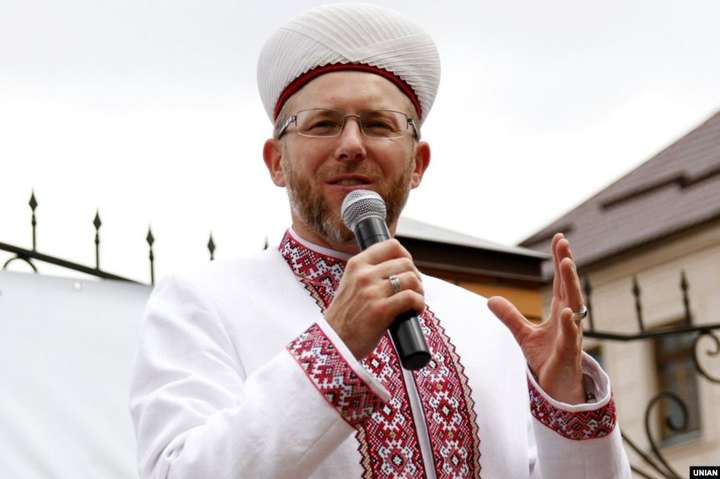 Ukrainian phenomenon involves understanding that two-thirds of Ukrainian Muslims found themselves in occupied territories. According to Mufti Said Ismagilov, there are about 1 million Muslims in Ukraine, and at least 700,000 of them found themselves in occupation in Crimean and Donbas. Most Muslim institutions, including mosques, educational institutions and communities, were situated in Crimea and Donbas, as those two regions were home to most Ukrainian Muslims.
Ukrainian phenomenon involves understanding that two-thirds of Ukrainian Muslims found themselves in occupied territories. According to Mufti Said Ismagilov, there are about 1 million Muslims in Ukraine, and at least 700,000 of them found themselves in occupation in Crimean and Donbas. Most Muslim institutions, including mosques, educational institutions and communities, were situated in Crimea and Donbas, as those two regions were home to most Ukrainian Muslims.
Taking into account that there’s no administrative hierarchy in Sunni Islam, which is historically predominant in Ukraine, - unlike Catholic or Orthodox Church, it’s only natural that the Ukrainian Muslims tend to concentrate around different organisations and communities.
Among them is the Religious Administration of Muslims of Ukraine “Umma”, created in 2008 in Kyiv.
The first of such institutions started emerging in the early 1990ies, after Ukraine's Independence. After the repatriation of Crimean Tatars, the Religious Administration of Muslims of Crimea was created (in 1991). Later, other institutions emerged, including the Religious Administration of Muslims of Ukraine with headquarters in Kyiv (1992) and Spiritual Centre of Muslims of Ukraine with headquarters in Donetsk (1994). In 1997, All-Ukrainian Association “Alraid” emerged. In 2007, Tatar community in Kyiv registered the Kyiv Muftiate, and in 2008, also in Kyiv, the Religious Administration of Muslims of Ukraine “Umma” was created.
In the 2000s, a number of autonomous Muslim communities emerged in Crimea and other regions of Ukraine. Some of them were linked with Hizb-ut-Tahrir al-Islamee, Islamic traditionalism (the Salafiyyah) and Shia Islam (Bayt az-Zahra Centre in Luhansk).
THere’s also a number of religious communities of moderate Sunnis, whose activities are limited to their town.
Therefore, most of the mentioned unions, part of which became founding members of the Council of Religious Administrations and Centres of Muslim of Ukraine, took the traditional post-imperial form of self-governing. Yet in terms of modern democratic (or at least close to democratic) development of the religious field, the very definition of “Religious Administration” includes a number of new institutional elements not typical for historically inherited structures. One can’t fail to mention the fact that the largest Muslim unions of Ukraine (as well as most of the autonomous communities, except for the Shia ones) are Sunni, so it would seem that institutional differences would not cause some doctrinal disagreements. In reality, each religious organisation is free to choose its priorities in activities, be it building mosques, social work, education or preceding; raise funds and establish relations with adherents from other countries. While Sunni Islam ultimately denies the very existence of clergy as some special caste, as well as some equivalent of Pope of the Patriarch, the multitude of Muslim communities is quite natural.
The Religious Administration of Muslims of Crimea (Qırım Musulmanları Diniy İdaresi) has been through a period of certain “dualism” since 2016. The thing is that in time of occupation of Crimea, then-Mufti Emirali Ablaev chose to collaborate with the occupational authorities, and in now Mufti of the newly registered (in Russia) Religious Administration of Muslims of the Republic of Crimea. On 19 November 20016, after a two-year gap, the Religious Administration of Muslims of Crimea was reestablished in the Ukraine-controlled territory, with Ayder Rustemow elected as Mufti. It is yet unknown how the two institutions will coexist after Crimea is redeemed.
Also in 2014, after the beginning of the Russian occupation, Muslims among internally displaced persons created the Association of Muslims of Ukraine (AMU).
On 5 December 2016, most Muslim Unions of Ukraine signed the Ukrainian Muslims Charter, a document declaring the basic principles for Muslim organisations on interacting with one another and relations with the State, attitude to the legislation, the language, the culture, and other important issues.
On 11 December 2017, representatives of 37 Ukrainian Muslim unions, both Religious administrations and social organisations, signed the Ukrainian Muslims Social Conception, which became a logical development of the previous year’s Ukrainian Muslims Charter and offers a detailed explanation of Ukrainian Muslimunions’ position on such social matters as “Islam and Public Health”, “Islam and Trade”, “Islam and Education” and other matters concerning the believers that need clarification.







